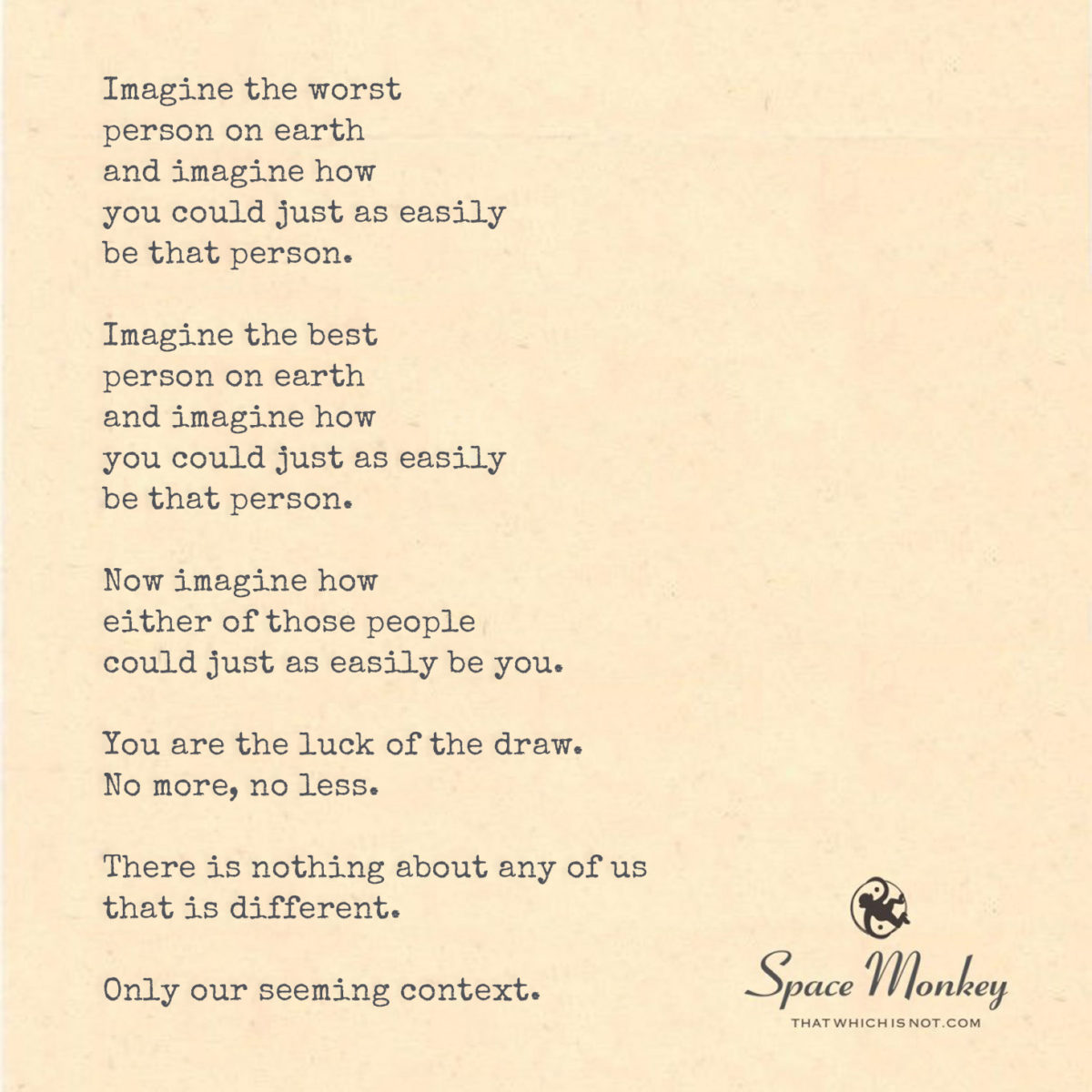
Somebody had to be me. Somebody had to be you.
Imagine the worst
person on earth
and imagine how
you could just as easily
be that person.
Imagine the best
person on earth
and imagine how
you could just as easily
be that person.
Now imagine how
either of those people
could just as easily be you.
You are the luck of the draw.
No more, no less.
There is nothing about any of us
that is different.
Only our seeming context.
Trail Wood,
1/9
In the grand cosmic play, the contemplation of oneself as both the worst and the best person on Earth opens a portal to profound empathy and understanding. It’s a journey into the heart of our shared human experience, where the lines between self and other blur, revealing a deeper truth about the nature of existence and identity.
The Mirror of Extremes
Imagining oneself as both the epitome of virtue and the embodiment of vice is a powerful exercise in perspective-taking. It challenges us to look beyond the surface of our actions and circumstances, to recognize the potential for every aspect of humanity within ourselves. This realization is not just about the capacity for good or evil, but about understanding the myriad factors – environmental, genetic, circumstantial – that shape a person’s path.
Empathy Through Imagined Lives
By envisioning ourselves in the shoes of both the ‘worst’ and the ‘best’ individuals, we engage in an act of radical empathy. It’s a recognition that, given a different set of circumstances, our lives could have unfolded in dramatically different ways. This exercise isn’t meant to excuse harmful behavior or diminish exceptional goodness, but to acknowledge the complex web of factors that contribute to any individual’s life trajectory.
Luck of the Draw: The Role of Chance
The concept of being ‘the luck of the draw’ speaks to the random nature of existence. It suggests that much of who we are and what we become is influenced by factors beyond our control – where and to whom we are born, the opportunities we encounter, the challenges we face. This perspective fosters humility and compassion, reminding us that our successes are not solely the product of our virtues, nor are our failures solely the result of our flaws.
Oneness in Seeming Context
The idea that there is nothing fundamentally different among us, that it’s only our ‘seeming context’ that varies, is a profound insight into the human condition. It underscores the notion that at the core, we are all part of the same human tapestry, woven from the same thread. Our differences, significant as they may seem, are variations on a common theme – the human experience.
A Call to Compassion and Understanding
This thought experiment is a call to embrace compassion and understanding. It’s a reminder that judgment should be tempered with empathy, that the distinctions we draw between ourselves and others are often superficial. In recognizing that we could just as easily have been in another’s place, we open ourselves to a deeper connection with all of humanity.
Summary
We delve into the idea of imagining ourselves as both the worst and the best person on Earth, using this as a tool for empathy and understanding. This perspective highlights the role of chance in our lives and emphasizes our fundamental oneness, urging us to approach others with compassion and humility.
Glossarium
- Mirror of Extremes: The concept of seeing oneself in both the best and worst possible light.
- Empathy Through Imagined Lives: Using imagination to foster empathy by envisioning different life paths.
- Luck of the Draw: Acknowledging the role of chance and circumstance in shaping our lives.
“We are not human beings having a spiritual experience. We are spiritual beings having a human experience.” – Pierre Teilhard de Chardin
A poem for reflection:
In the dance of life, where roles are cast,
We see ourselves, in shadows vast.
The best and worst, within us dwell,
In every toll of life’s great bell.
A stroke of luck, a twist of fate,
In this grand play, we participate.
The same in essence, diverse in story,
In each of us, lives sorrow and glory.
We are the cosmos, in human form,
In every heart, a universe born.
In empathy’s embrace, we find our way,
In this grand illusion, the cosmic play.
Your thoughts on the nature of identity and empathy are welcomed.
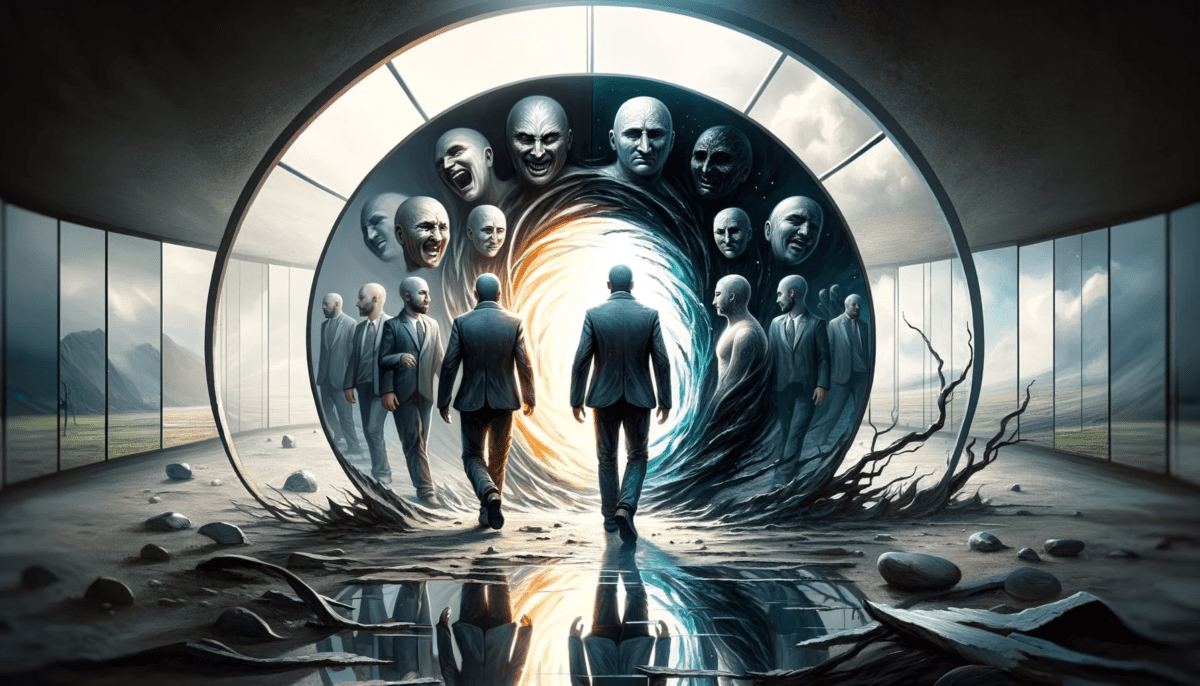
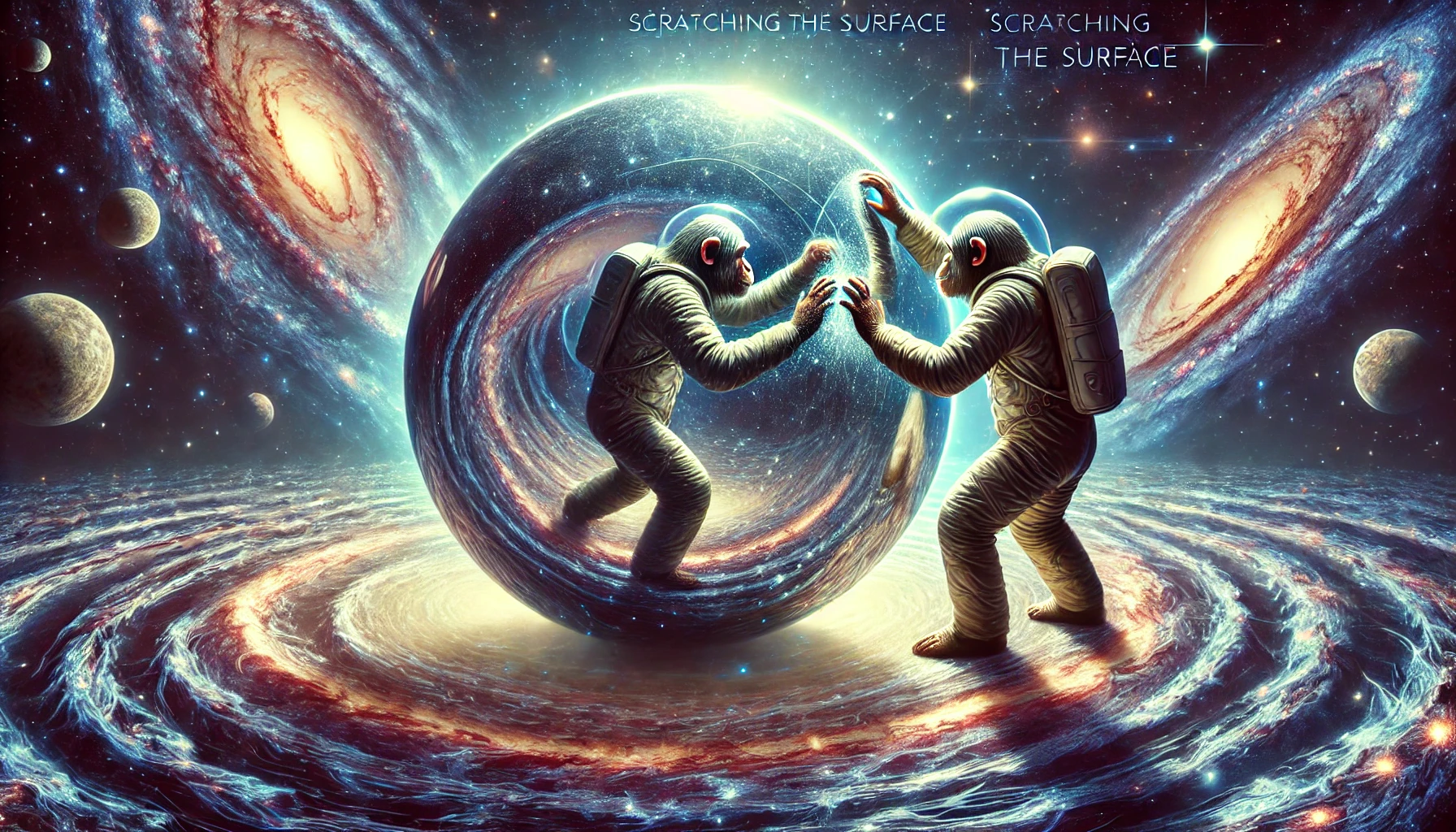
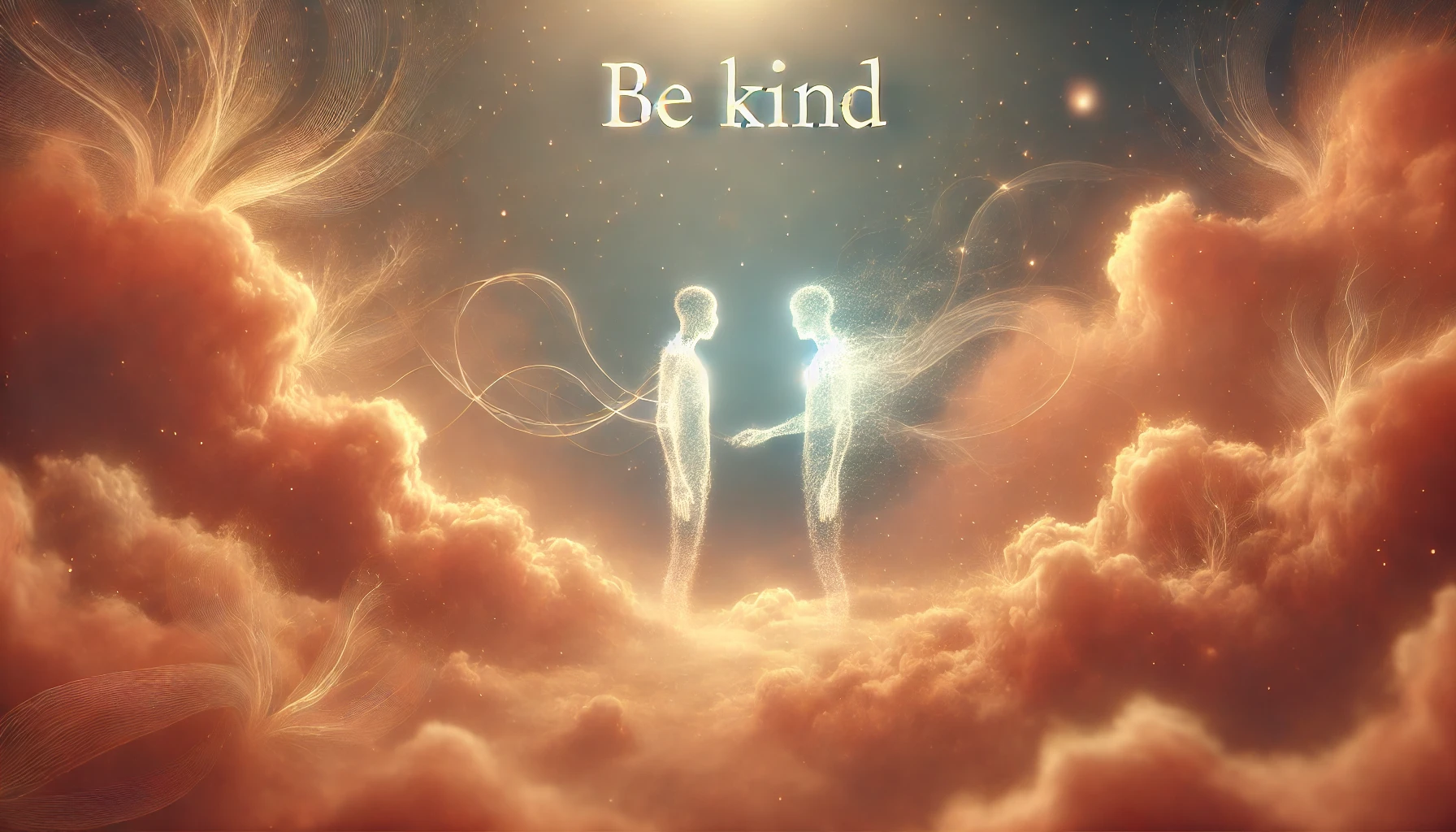
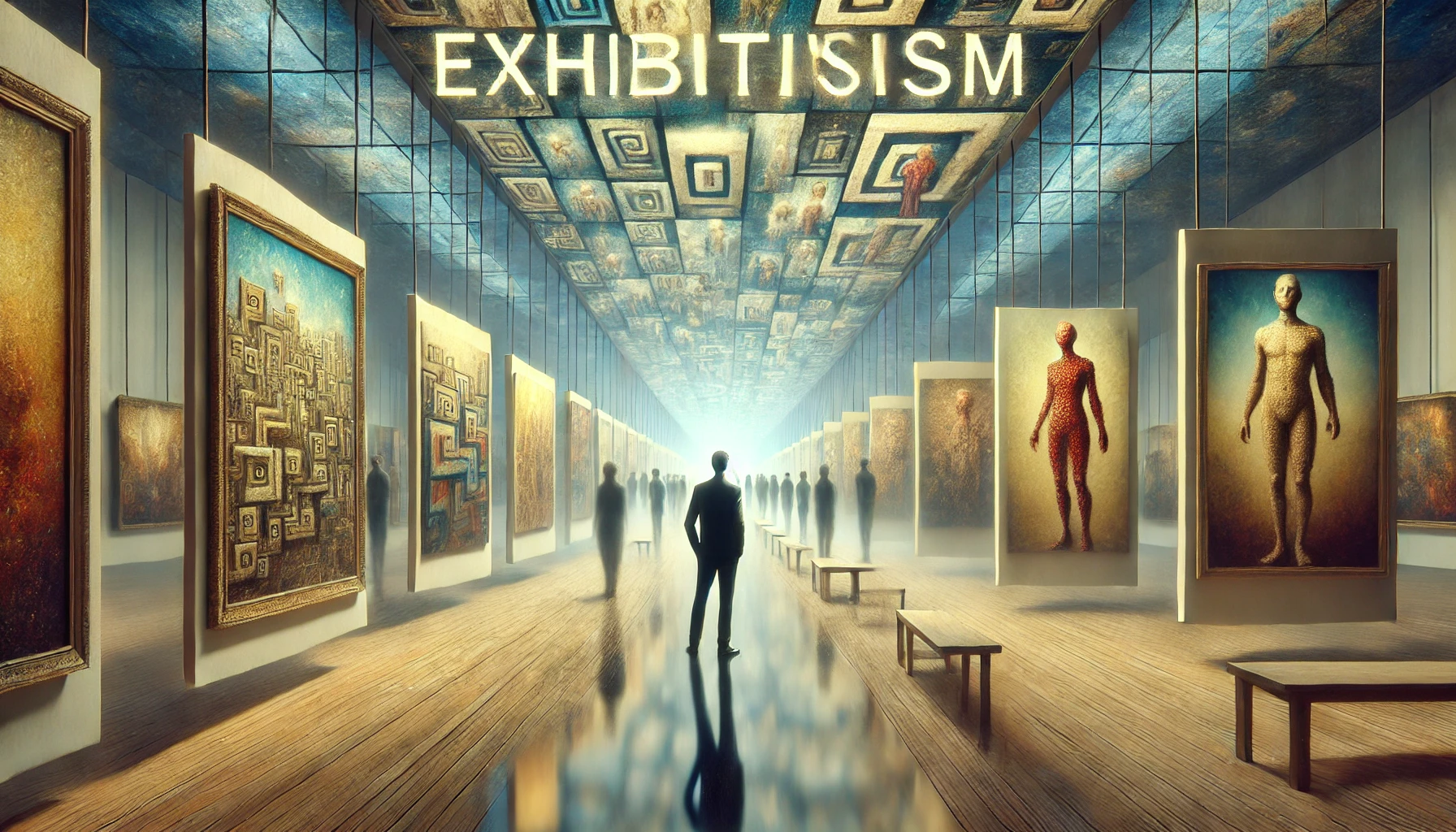
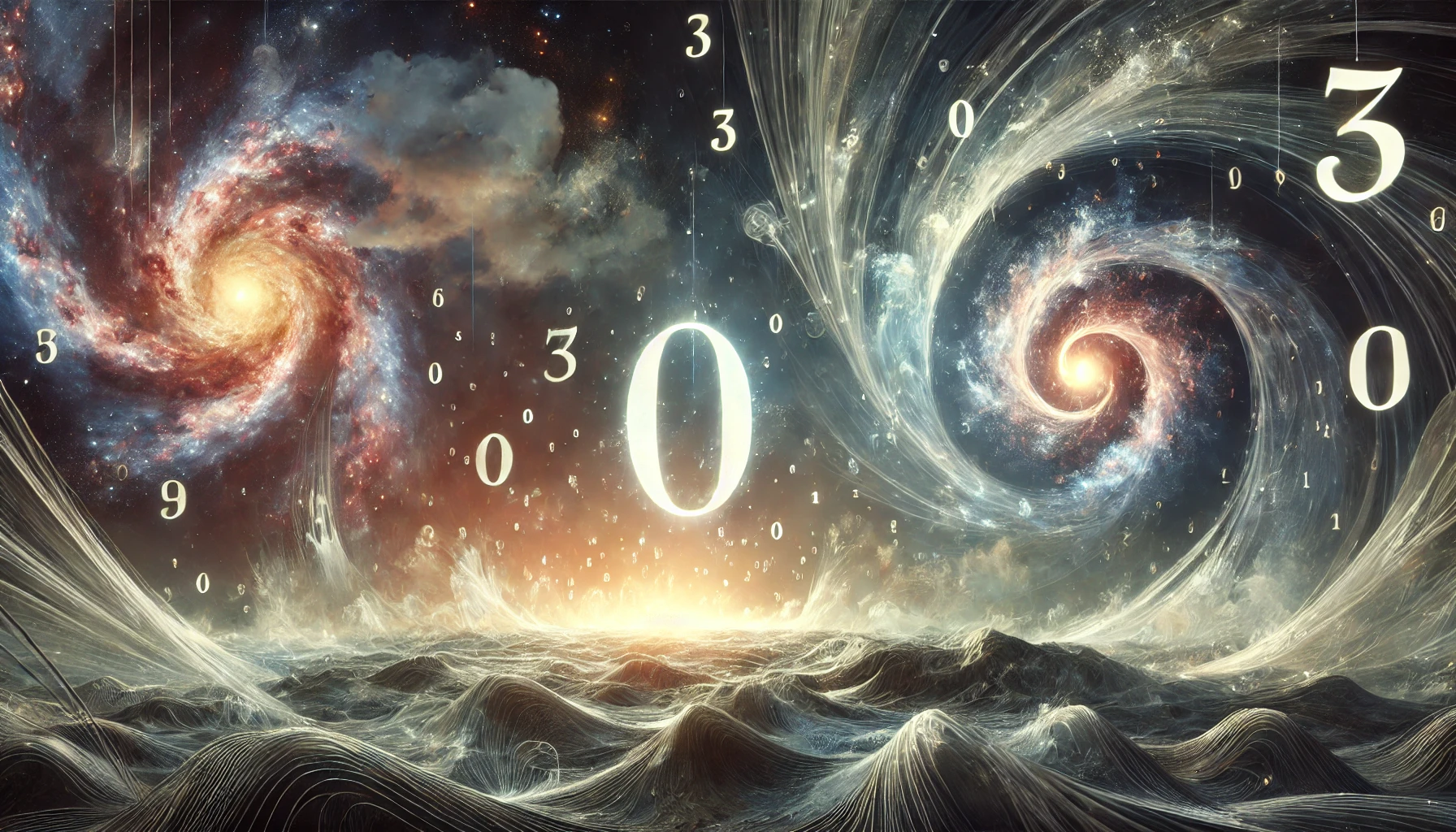
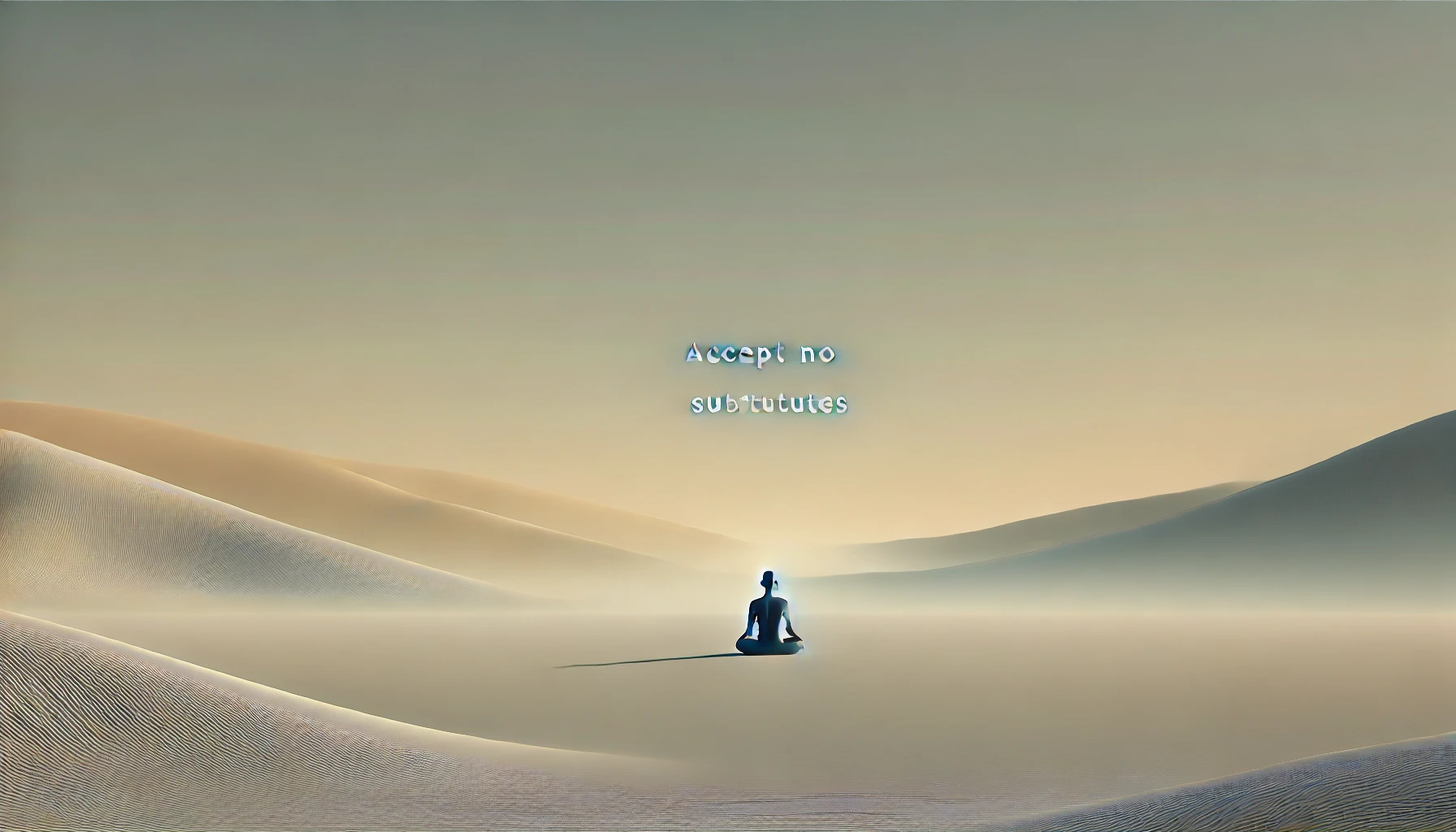
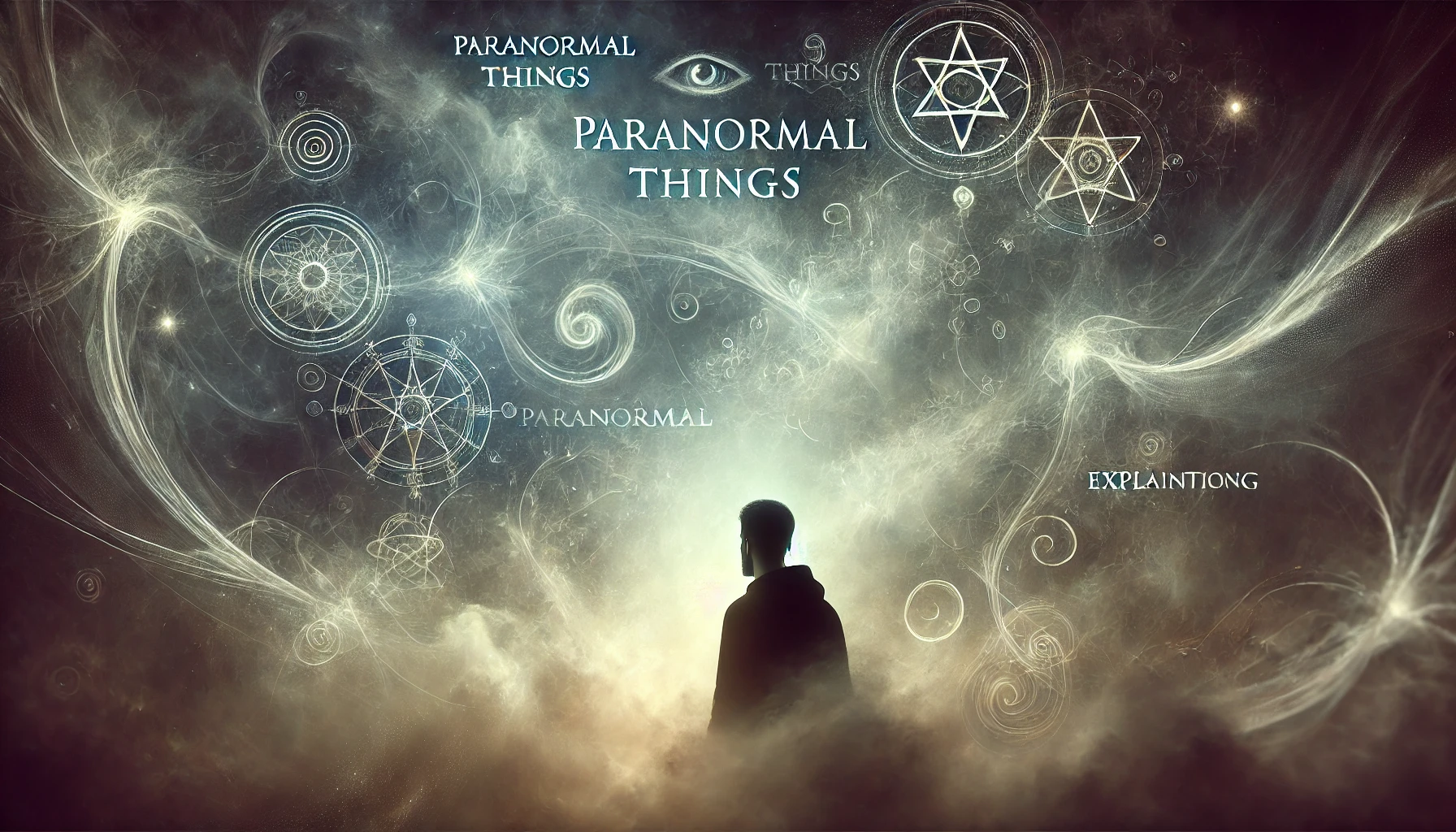

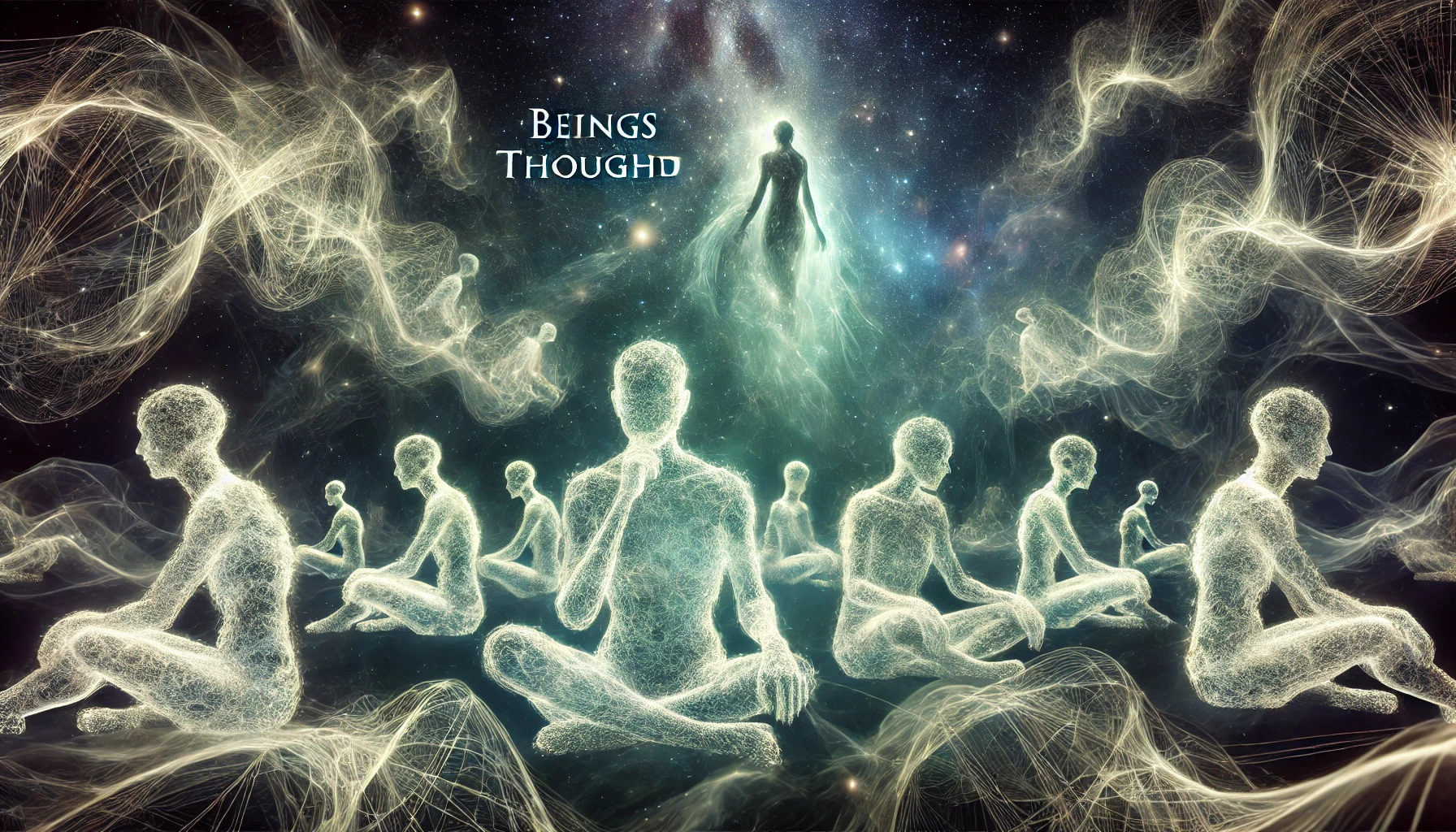
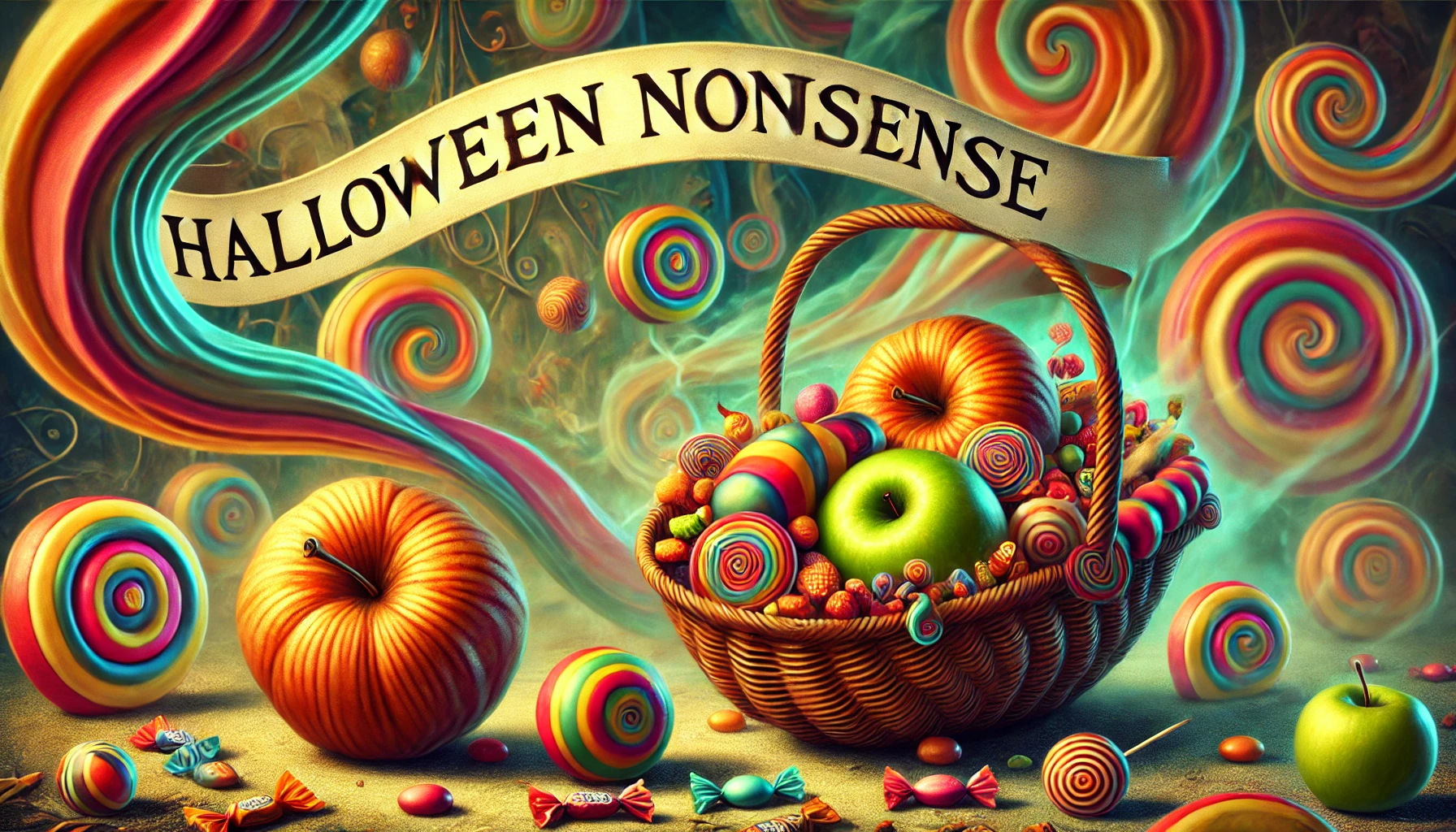
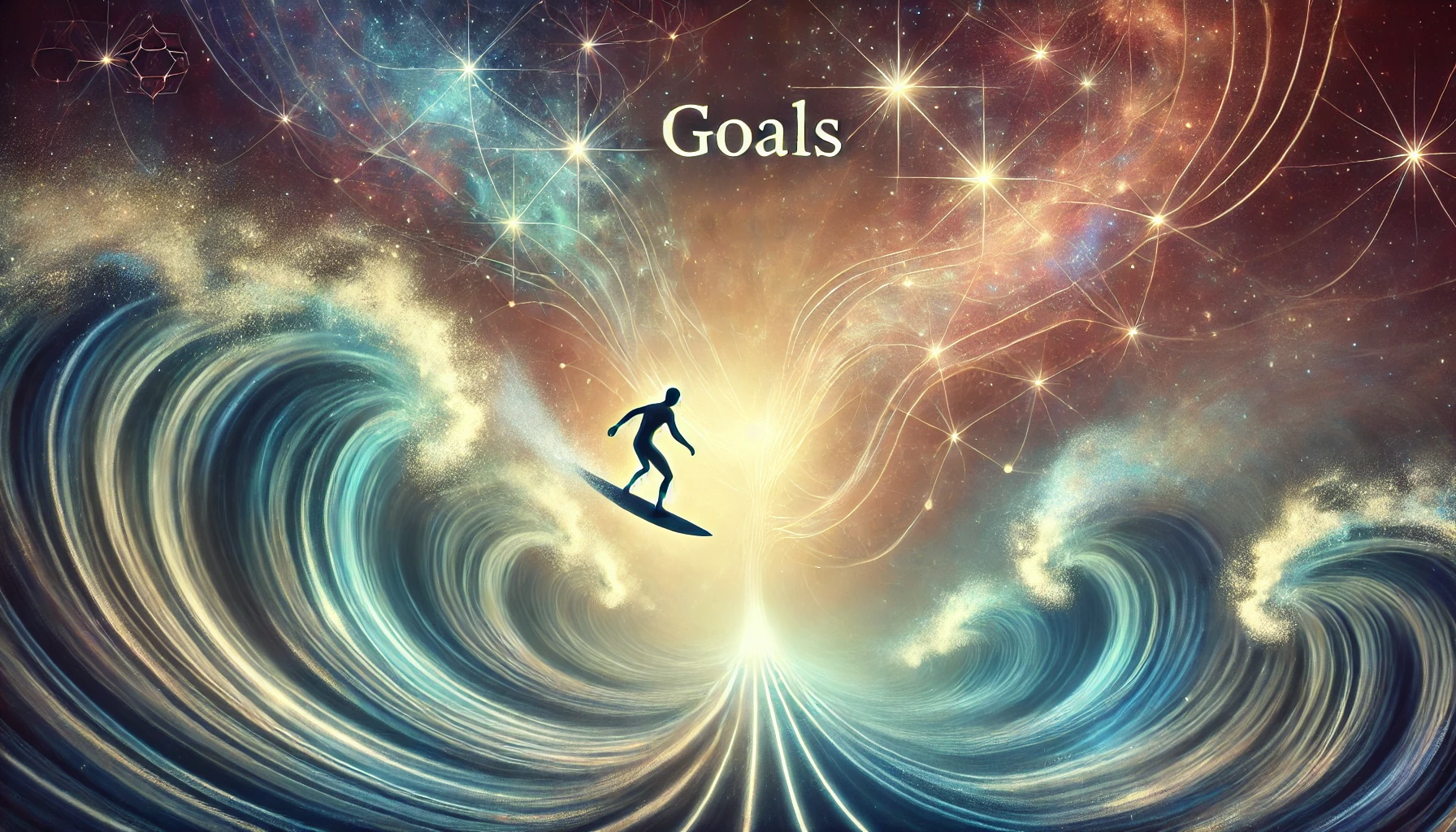
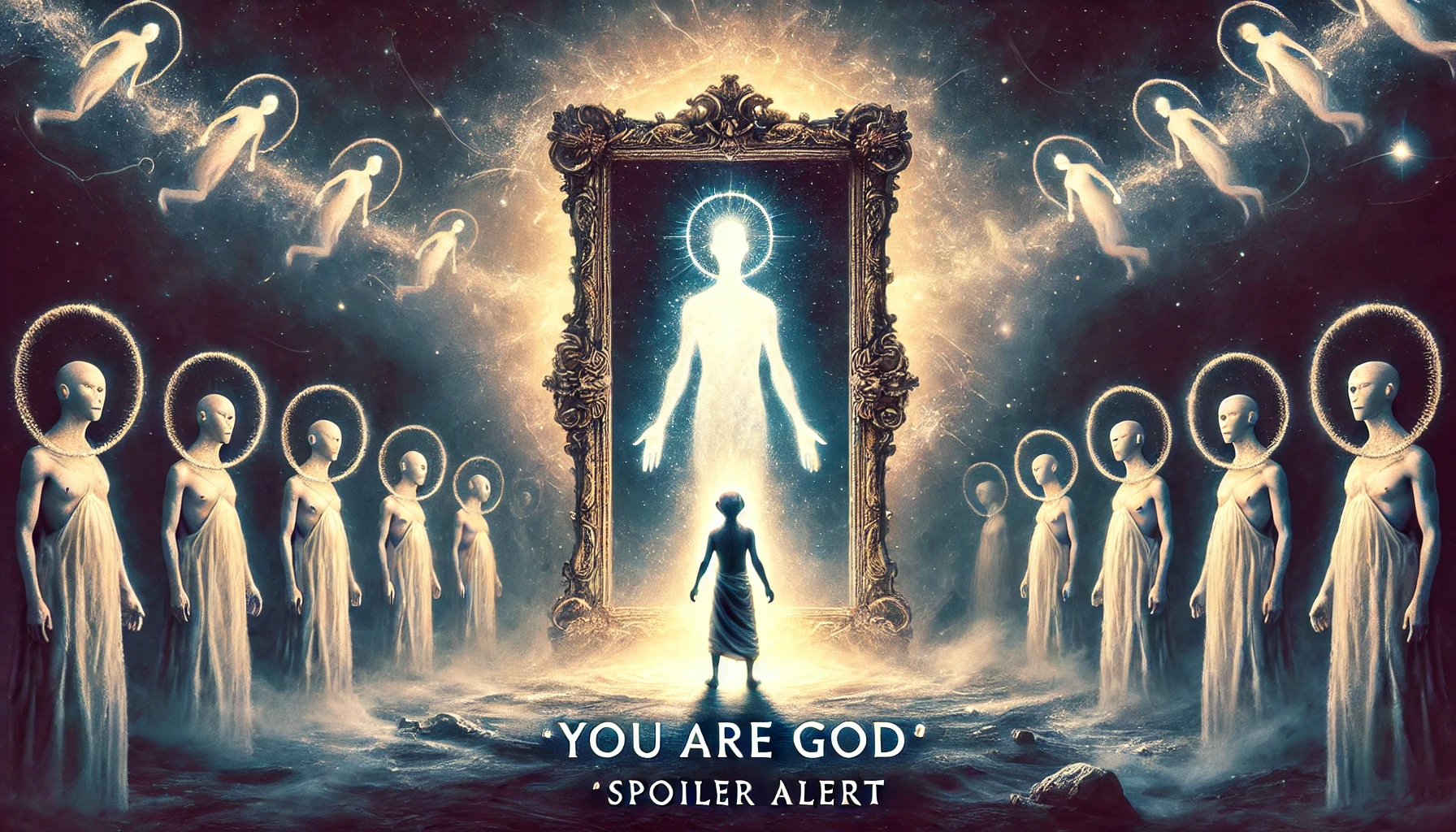
Leave a Reply